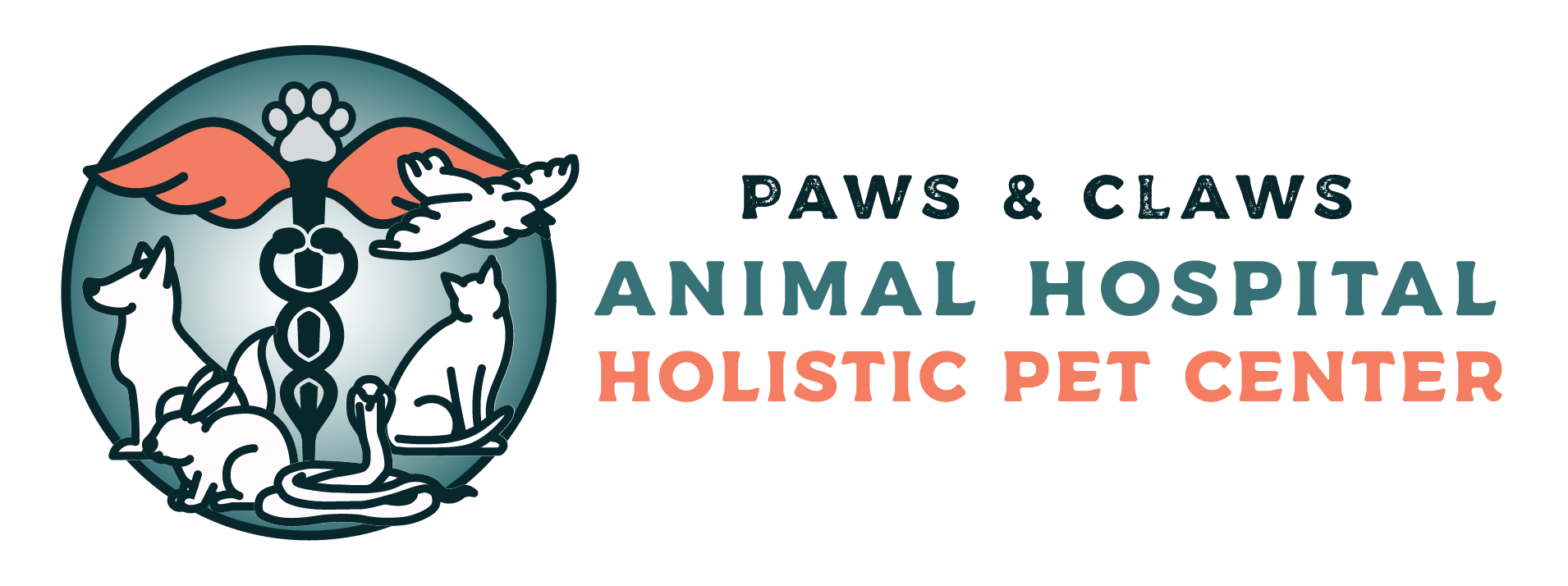Chances are, most of us will eventually have to deal with a diagnosis of cancer in a beloved dog or cat. Surgery, radiation therapy, and chemotherapy are still the most commonly used conventional therapies, but holistic veterinarians are seeing increased success when they combine these therapies with natural remedies – including supplements such as antioxidants.
In some cases, people may decide not to choose conventional cancer therapy for their animals, or the treatment may not even be available (for example, there are no conventional therapies to help many animals with liver cancer). Even if someone is willing to spend several thousand dollars on conventional treatment, many animals with cancer have a survival rate of only six to 12 months.
In contrast, most animals treated with an integrative therapeutic approach that uses natural therapies to support the immune system, kill cancer cells, prevent further spread of the disease, minimize side effects from conventional therapies, and allow for detoxification of the patient, have a greater chance of living longer than the expected six to 12 months. In my own practice, cancer patients treated with an aggressive integrative protocol typically live 12 to 24 months or longer!
What are Antioxidants?
Simply put, antioxidants are vitamins, minerals, or supplements such as coenzyme Q10, quercetin, curcumin, resveratrol, and others that remove free radicals from cells. Free radicals form as part of the normal cell life cycle, especially during cell damage or death. Increased free radicals, if not removed by antioxidants (either supplied by the body or through supplements), will ultimately cause the patient’s death.
Antioxidants are important in helping treat patients with cancer. But there is some controversy surrounding the use of these nutrients during traditional cancer treatment. I’ll explain why – and provide you with information you may not get from your conventional veterinarian.
Why the Controversy?
Most conventional doctors feel (without any proof to back up their feelings) that antioxidants should be avoided during conventional cancer therapies because the supplements might hurt animals by interfering with the treatment.
Here’s the reason for the controversy. Supplements, particularly antioxidants, inhibit cellular oxidation. Too much oxidation causes inflammation and cell injury that left unchecked can damage a cell’s DNA and cause it to transform into a cancer cell. The good news is that any supplements that dampen this process should be helpful to any patient, especially one with cancer. The bad news is that some conventional therapies cause extra oxidation in cancer cells to kill them. The theory is that if supplements inhibit this process, the cancer cells won’t die. Could antioxidant supplements prevent chemotherapy and radiation from working properly and make the cancer even worse?
So What’s the Truth?
There are no valid studies showing that supplements, when properly prescribed and used under medical supervision, make cancer worse, or interfere with conventional treatments.
1. While radiation therapy kills cancer cells by causing oxidation, most chemotherapy drugs do not. Therefore, with rare exceptions, there is no need to worry about supplements, particularly antioxidants, interfering with conventional chemotherapy.
2. In people, we know that so-called cancer-preventing diets high in antioxidants (particularly natural sources such as fruits, vegetables, and natural supplements) are likely to minimize the formation of cancer. This is because antioxidants prevent excessive cell oxidation leading to cell (DNA) damage, inflammation, chronic disease and/or cancer.
3. Cancer cells do not behave like normal cells. If they did, they would never become cancerous. So in theory, what we think might happen to a normal cell doesn’t happen to a cancer cell.
4. Patients who are nutrient-deficient or have poor immune systems do worse when treated with conventional therapies than patients who have stronger immune systems and better nutrient intake. In my own practice, patients who are placed on supplements and a better diet generally do much better when treated with chemotherapy and radiation than other patients. It’s important to boost the animal’s strength, health, and immune system to help him better withstand conventional therapies and help him stay in remission once those therapies are no longer needed. The greater the animal’s debilitation, the greater the chance therapy will fail.
5. Finally, the only reported studies that showed supplements (antioxidants) increased cancer growth are those in which individual synthetic vitamins were taken at high doses (in effect, the supplements acted like drugs). There are no valid studies in either people or animals that show the use of supplements and diets, when properly prescribed and used under medical supervision, made the cancer worse or interfered with conventional treatments. In fact, numerous studies, as well as my own clinical experience, show the exact opposite! In short, all the evidence we have, both in vitro (test tubes) and in vivo (living patients), shows that properly prescribed antioxidants increase the death of cancer cells and reduce their spread. In other words, most patients benefit from antioxidant therapy. Doctors should prescribe them for most if not all their cancer patients to improve their prognoses!
